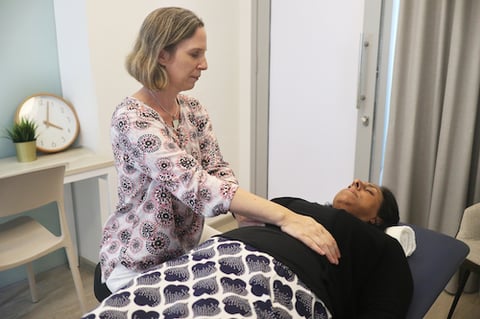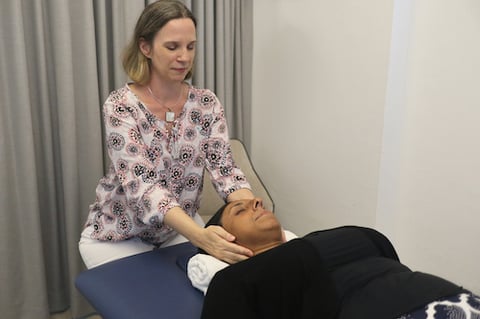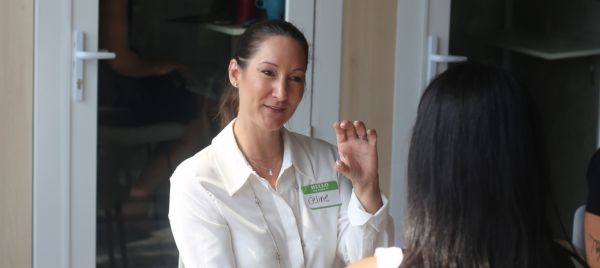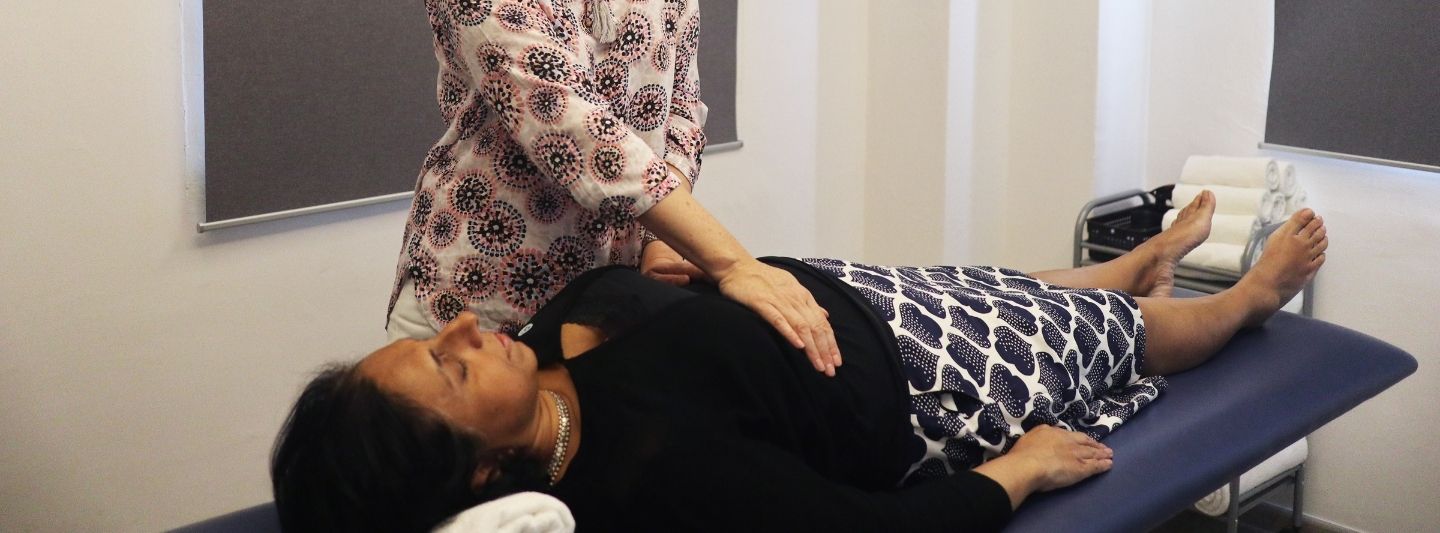Whether it’s the comforting touch of a friend’s hand resting on your shoulder or the warm embrace of a loved one, it’s clear that the power of touch alone is profound.
Today we delve deeper into a therapeutic approach commonly known as Reiki as Reiki Practitioner from State of Reiki, Stephanie Schueller, shares more about this ancient art of healing that uses therapeutic touch to better the lives of many around the globe.
What is Reiki?
A distinguished Japanese scholar, Dr Mikau Usui, discovered the remarkable method of Reiki over a century ago. Since then, his teachings have been taught and passed down through the International Usui Reiki Network.
Reiki stands for “Rei”, meaning “Universal Life Force” and “Ki”, meaning “Energy”. It is an ancient Japanese art of hands-on energy healing used to target stagnant energy in and around the body where there has been physical injury or emotional pain.
How It Works
Reiki is known to improve the flow of energy throughout the body and is said to enable relaxation, reduce pain, speed up healing and reduce symptoms of various illnesses.

During a Reiki session, the practitioner will place his or her hands on certain areas of the client’s body using specific positions and covering main organs or essential body systems.
Once the hands are in contact with the body, energy begins to flow to the areas according to the client’s needs. What’s most interesting about Reiki is that your body’s own inner wisdom will decide where the energy is most needed.
Benefits
Reiki is a gentle and completely safe form of healing, making it suitable for adults, children and babies alike. Pet or plant parents will be pleased to know that Reiki has also proven to be beneficial for animals and all sorts of flora too!
The benefits of Reiki are vast whether you’re seeking relief from body aches, stress-related issues or symptoms of a more serious illness. However, you don’t necessarily need to show up with a problem. Even those who are well will enjoy its relaxing and meditative effects.
Some of the benefits of Reiki include:
- Pain relief, especially chronic pain
- Helps the body to release stress, anxiety and tension
- Aids in better sleep
- Speeds up the body’s self-healing ability
- Assists the body in cleansing itself of toxins and supports the immune system
- Promotes harmony and balance
- Promotes a natural balance between the body, mind and spirit
- Clears the mind and improves focus
- Complements medical treatments and other therapies
What To Expect In a Session
The initial consultation with your practitioner only takes a few minutes and is part of the first session. The practitioner will ask you what your objective for the session is, be it a specific illness, pain or emotional issue you’d like to work on.

Throughout the duration of the session, you will be fully dressed in comfortable clothing and lying on a treatment table. People claim that afterwards, they feel refreshed and extremely relaxed – something in-between a waking and sleep state. Some even feel as though they achieve greater mental clarity.
The way you experience the energy passed on through Reiki may be different from that of another person. Stephanie explains that it could be experienced as a warm, cold, or tingling or elicit no sensation at all.
The difference in sensation occurs because the amount of energy flow is entirely dependent on each individual’s needs. For example, more energy will flow for someone with an illness or pain than someone who is healthy, but however the flow of energy feels for you, you’ll almost always feel relief or release after your session.
After The Initial Appointment
Relaxation sets in pretty much immediately after your session. Stephanie claims that she’s seen clients leave her practice pain-free after one session. However, the number of sessions required to fully address a specific problem will depend on its severity.
How regularly one might want to attend follow-up sessions will also vary. To give a rough idea, stress-related issues may require regular weekly sessions for around one month, while chronic pain or more series illnesses may need treatment over a longer period of time.
Stephanie highlights the importance of noting that Reiki is a great modality to complement, however, not replace Western medicine.
Interested in giving Reiki a try? Find Reiki professionals at Core Collective  .
.
Contributor:

Stephanie is a certified Reiki Practitioner and was taught the authentic Usui method of Reiki as it was founded and taught by Dr Mikao Usui in the early 1900s.
Originally from Austria, Stephanie has previously worked in the hotel industry for many years and lived in the UK, Dubai and Japan before settling in Singapore in 2006.





